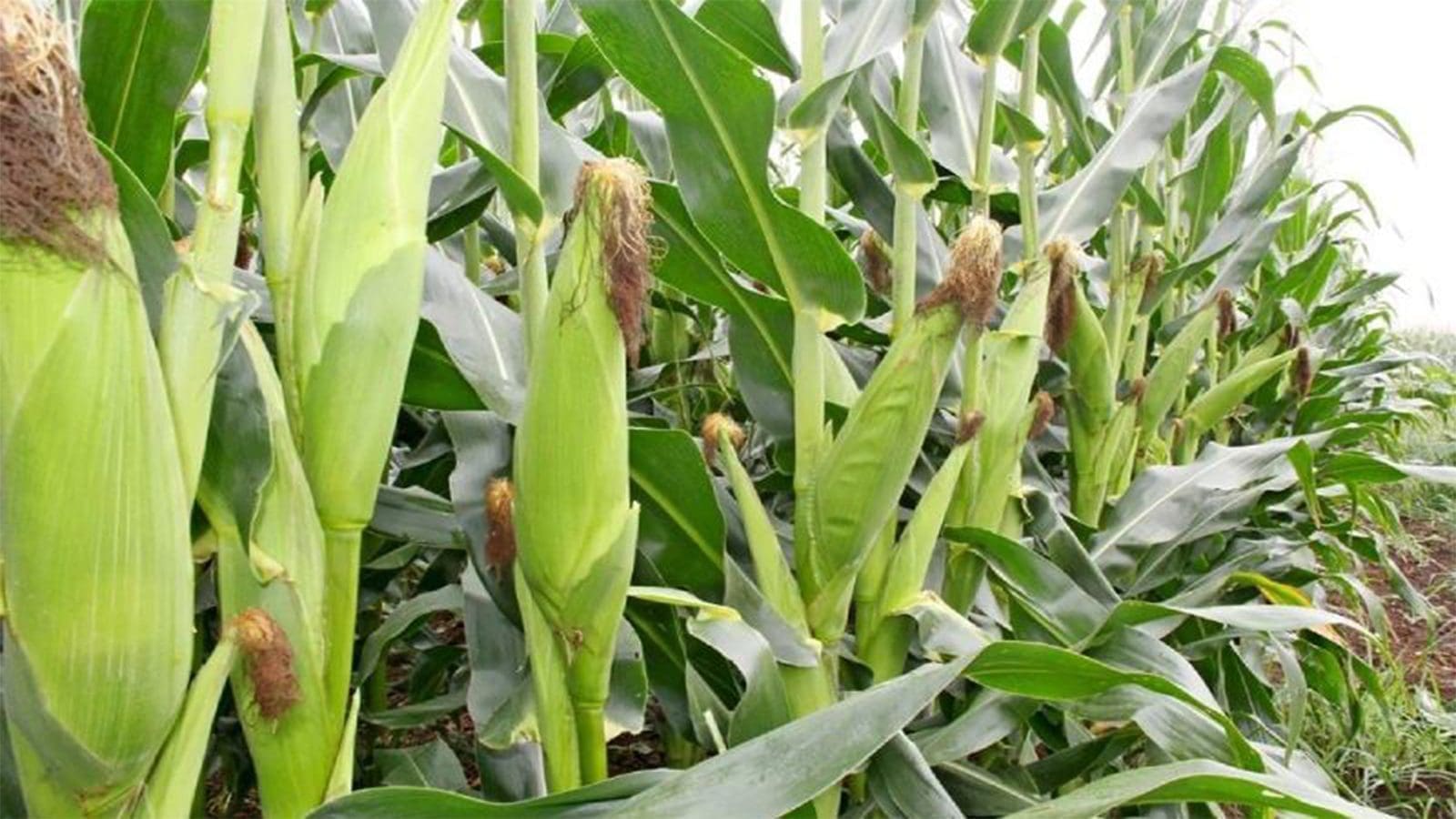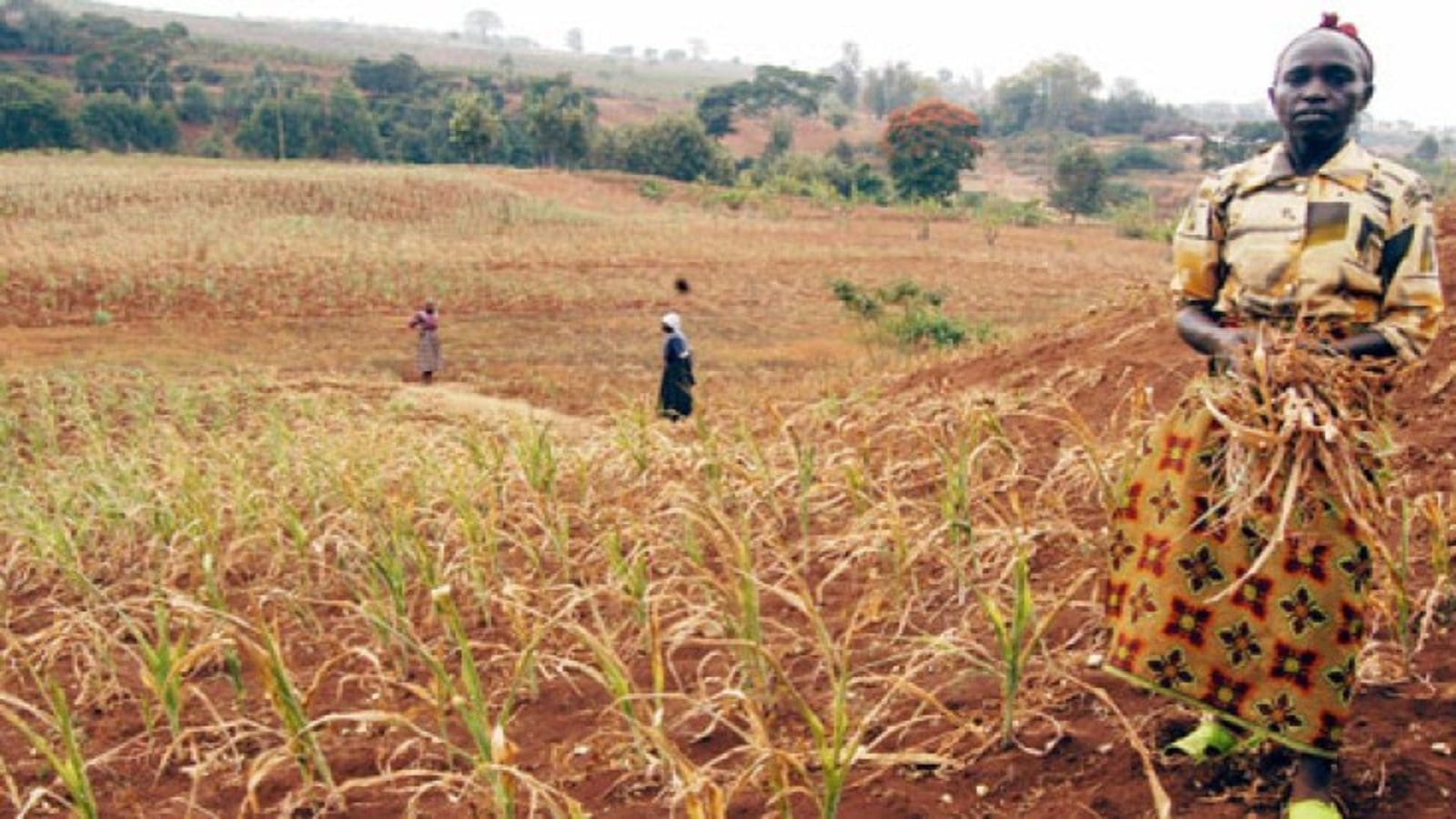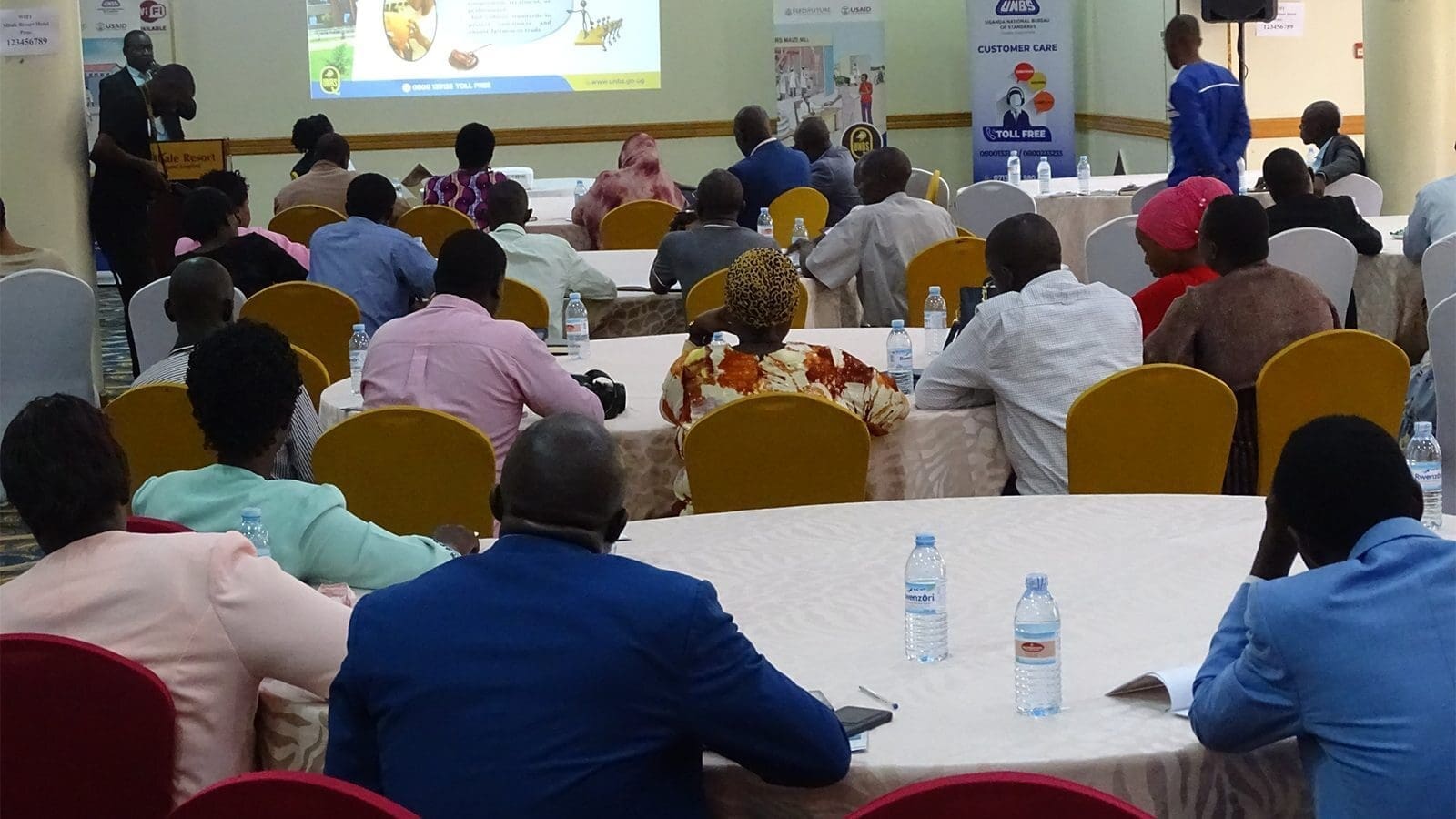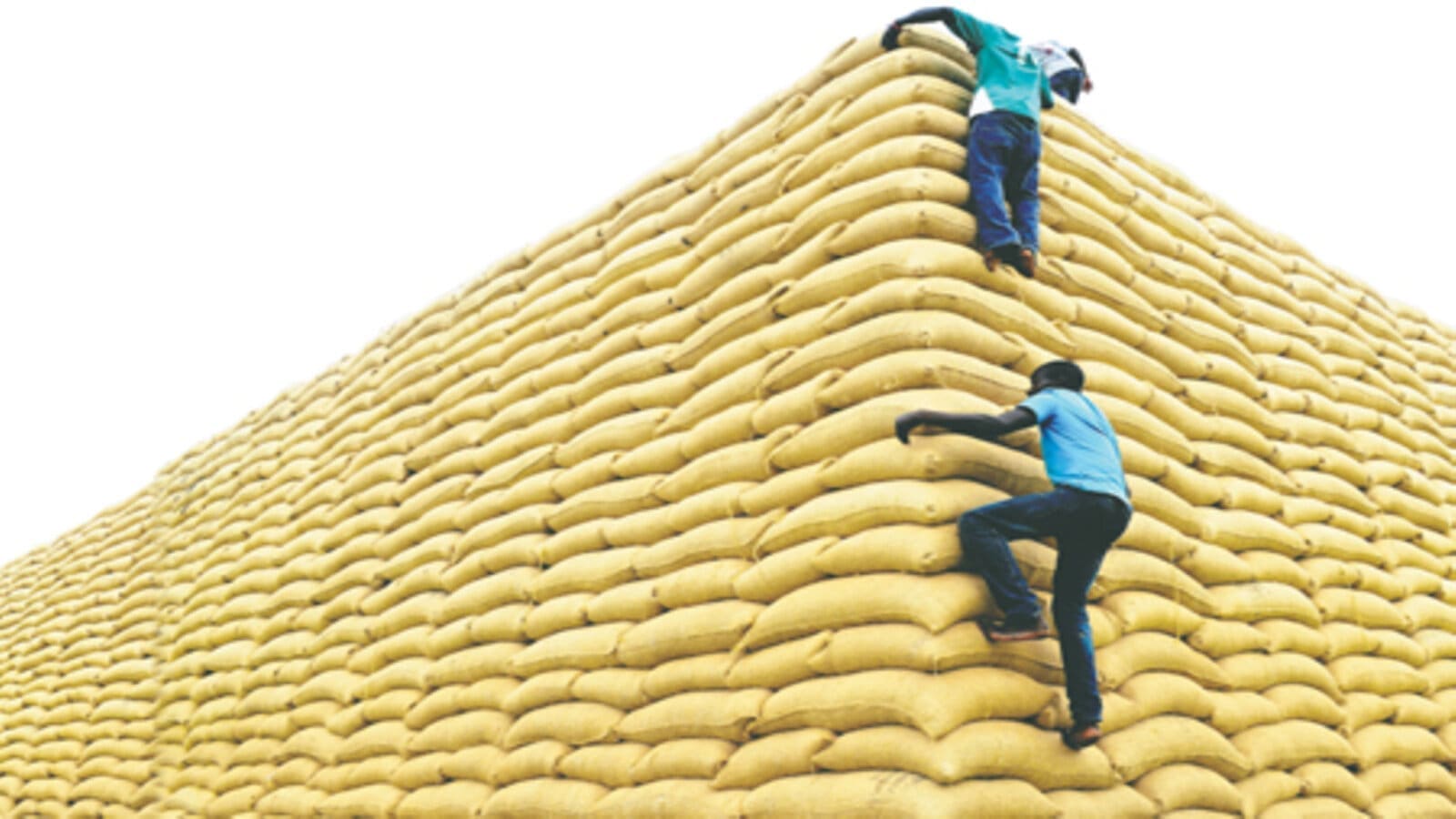KENYA – Farmers in Uasin Gishu County, the grain basket of the country, have expressed high expectations that they were set to have a bumper in maize crop, thanks to the reduced cost of production after the government rolled out the Fertilizer Subsidy Programme.
The good news gives hope to consumers who are currently struggling to afford a packet of maize meal, the country’s staple, as prices hit a historic high of KES 6,100 (US$44.44) for a 90-kilogram bag.
Further, the recent directive by the Tanzanian government to ban farmgate purchases has caused panic among maize millers who believe that the move would cause more harm to maize meal prices in Kenya.
Kenya News Agency interviewed farmers in the region, who, according to KNA, expressed optimism for higher harvest next season given the increased farm areas at the back of low input costs.
According to farmers, the subsidized fertilizer, originally priced at Sh6,000 per 50kg bag, is now available at a reduced rate of Sh3,500 and distributed to the National Cereals and Produce Boards allowing easy access by farmers at most of the remote levels and subsequently contributing to better farming practices.
In addition, residents eagerly embraced the availability of subsidized fertilizer to increase their area of land under the farming of popular crops like maize and wheat, which was initially abandoned due to high input costs.
“Embracing this opportunity has been a game-changer for me, bringing forth tremendous benefits and setting the stage for high yields in maize farming,” one of the farmers said.
The region which is the grain basket of the country was not spared by the recent dry spell that hit Kenya coupled with the high cost of fertilizers which led to a sharp decline in production putting the country in dire shortage.
The fertilizer subsidy program was initiated after President Ruto scrapped the maize flour subsidy program, arguing that his government will not subsidize consumables and will instead focus on production which will lead to sustainable food security.
In addition, as Ruto bets to achieve food security, he revoked the planned settlement on the 20,000 acres on the Galana-Kulalu, a national food security project which he opened for private investors for the cultivation of maize crops.
According to Ruto, the moves are aimed to cushion the country from food insecurity after grappling with a wide array of prolonged periods of drought, rising costs of farm inputs, the trickling effect of the Ukraine-Russia war, as well as soaring food prices.
For all the latest grains industry news from Africa, the Middle East and the World, subscribe to our weekly NEWSLETTERS, follow us on LinkedIn and subscribe to our YouTube channel










